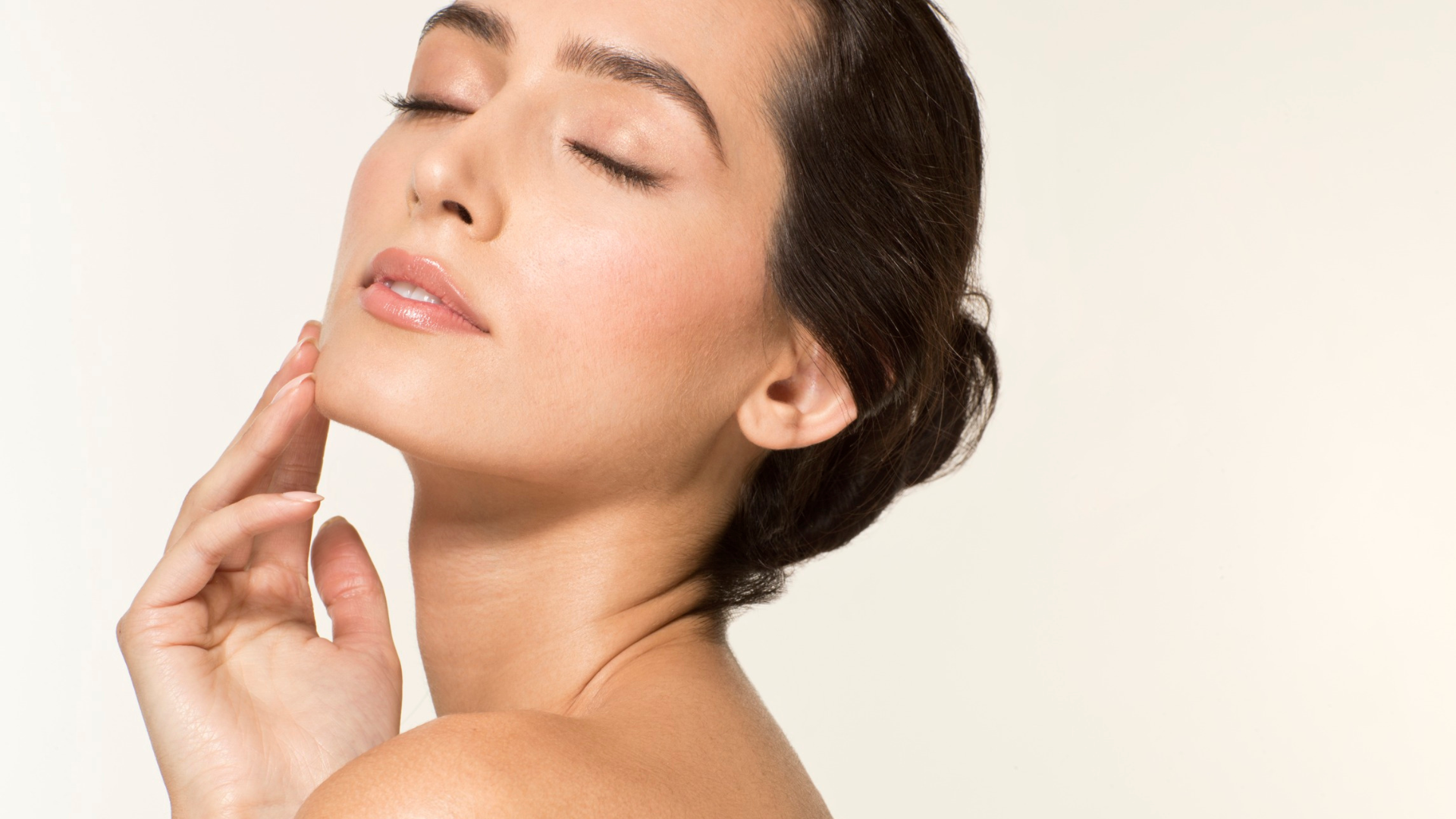The Best Vitamins for Skincare In the quest for glowing, healthy skin, skincare enthusiasts often spend a significant amount of time and money on various products promising miracles. However, sometimes the key to unlocking radiant complexion lies not in fancy creams or elaborate routines, but in something as simple as vitamins.
Yes, those essential nutrients that we often associate with overall health play a crucial role in maintaining skin health as well. “The Best Vitamins for Skincare” In this comprehensive guide, we delve into the world of skincare vitamins, exploring their benefits, food sources, and how to incorporate them into your daily routine for optimal skin health.
Vitamin A is the The Best Vitamin for Skincare:
One of the most revered vitamins in the realm of skincare, Vitamin A, is renowned for its ability to promote cell turnover and stimulate collagen production. These properties make it a potent weapon against fine lines, wrinkles, and uneven skin tone.
Additionally, Vitamin A helps regulate sebum production, making it beneficial for individuals struggling with acne-prone skin. Food sources rich in Vitamin A include carrots, sweet potatoes, spinach, kale, and liver. Incorporating these foods into your diet can provide your skin with a natural glow from within.
Vitamin C is a good vitamin for skincare:
If there’s one vitamin that deserves the title of a skincare superhero, it’s Vitamin C. This powerful antioxidant not only helps in brightening the skin and fading dark spots but also boosts collagen synthesis, leading to firmer and more youthful-looking skin.
Moreover, Vitamin C offers protection against environmental stressors like pollution and UV radiation, making it an essential component of any skincare routine. Citrus fruits, strawberries, kiwi, bell peppers, and broccoli are excellent sources of Vitamin C that can help you achieve a luminous complexion.
Let’s see about Vitamin E, The Best Vitamins for Skincare:
Vitamin E known for its moisturizing and healing properties, Vitamin E is a beloved ingredient in many skincare products. This fat-soluble vitamin helps nourish and hydrate the skin while providing protection against free radicals that can cause premature aging.
Vitamin E also aids in reducing inflammation, making it beneficial for individuals with sensitive or irritated skin. Incorporating foods like almonds, sunflower seeds, avocados, and spinach into your diet can help ensure your skin receives an ample supply of this rejuvenating vitamin.
Vitamin D:
While Vitamin D is primarily associated with bone health, emerging research suggests that it also plays a role in skin health. Adequate Vitamin D levels are essential for maintaining a healthy skin barrier function, which is crucial for protecting against environmental aggressors and retaining moisture.
Moreover, Vitamin D possesses anti-inflammatory properties, making it beneficial for conditions like eczema and psoriasis. Sun exposure is the most natural way to boost Vitamin D levels, but incorporating foods like fatty fish, fortified dairy products, and mushrooms into your diet can also help support skin health.
Vitamin B3 (Niacinamide):
Vitamin B3, also known as niacinamide, is a multitasking ingredient that offers a myriad of benefits for the skin. From reducing inflammation and minimizing pore size to improving uneven skin tone and strengthening the skin’s barrier function, niacinamide is a powerhouse when it comes to skincare.
This water-soluble vitamin is well-tolerated by most skin types, making it suitable for virtually everyone. Foods such as meat, fish, nuts, seeds, and whole grains are rich in Vitamin B3 and can help support your skin’s health from the inside out.




